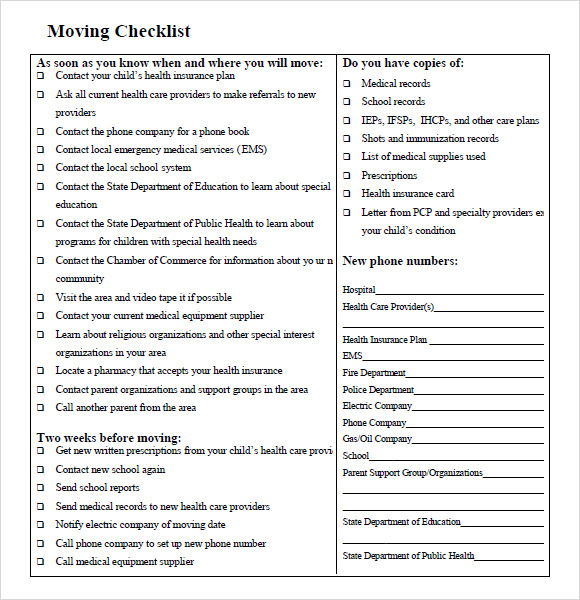
Is earnest money refundable?Ĭontrary to popular belief, homebuyers don't always forfeit their earnest money to the seller if a deal fails. Alternatively, you can receive your earnest money back after closing. That's when they get applied to the buyer's down payment or closing costs. The funds remain in the trust or escrow account until closing.

Acceptable payment methods include personal check, certified check and wire transfer. Typically, you pay earnest money to an escrow account or trust under a third-party like a legal firm, real estate broker or title company. While losing your good faith deposit is unlikely, offer an amount that the seller will appreciate without exposing yourself to financial risk. They’ll assess the property and market-specific factors and quote a figure within the standard range. The best way to determine a reasonable earnest money amount is to talk to an experienced real estate agent. Some sellers prefer to set fixed amounts to help filter out buyers that aren’t serious. It can be as high as 10% for highly competitive homes with multiple interested buyers. In most real estate markets, the average good faith deposit is between 1% and 3% of the property's purchase price. A lower earnest money deposit may be suitable for a fixer-upper in a slow market. If you want a home in a location prone to bidding wars and cash offers, you may have to offer a considerable amount. The amount of earnest money you offer varies based on the market and the condition of the house. How much earnest money should a homebuyer pay? In such a case, you're putting up some amount for the home in advance. Parties in a home sale can agree to apply earnest money to the buyer's down payment or closing costs. You may also get more favorable contract terms. When buying a property with high demand, a considerable deposit can compel the seller to select your offer over others. It shows the seller you’re serious about buying the home, which can be reassuring to them if they agree to take the house off of the market while awaiting the appraisal and inspection results, It safeguards the interests of the seller and the buyer. In most cases sellers will ask for a good faith deposit.The seller and buyer sign a contract that defines the conditions of refunding earnest money. You deliver the amount when signing the purchase agreement or the sales contract. In most cases, earnest money acts as a deposit on the property you're looking to buy.

Earnest money, or good faith deposit, is a sum of money you put down to demonstrate your seriousness about buying a home. The last person to give the signature is the agent, and he/she follows the same process.When you find a home and enter into a purchase contract, the seller may withdraw the house from the market. The buyer and seller will write a valid signature, record the current date, and then print the names, respectively. Signatures: This form must carry the signatures of all the parties from the original document otherwise, it will not be considered valid addition to the contract concerned. Note down the day, month, and year.Ĭlosing date: Under the closing date, you will indicate the period of extension up to the closing date past the original purchase agreement date. Seller’s Name: Also indicate the seller’s name as they appear in the original contract.Įxecution date: You will indicate the date when this plan was carried out, as listed on the original document.
#Agree to move the closign date up early full#
This is the date when you are filling this form.īuyer’s Name: Under this section, write the buyer’s full name as it appears in the original contract. The information in this form will vary with different contracts, but below are the basic contents available in any extension addendum document.ĭate: These are the calendar date for this document contains the month, day, and year. Basic Contents of Closing Date Extension Addendum


 0 kommentar(er)
0 kommentar(er)
